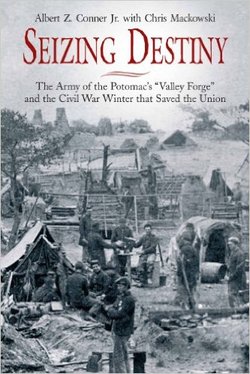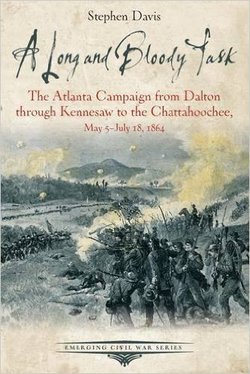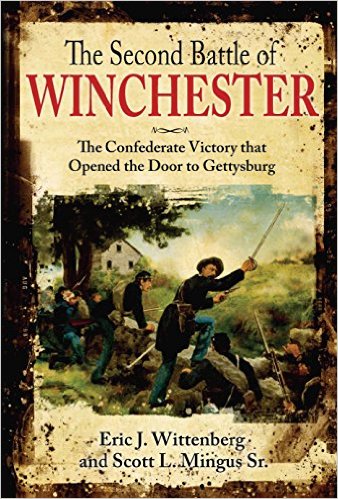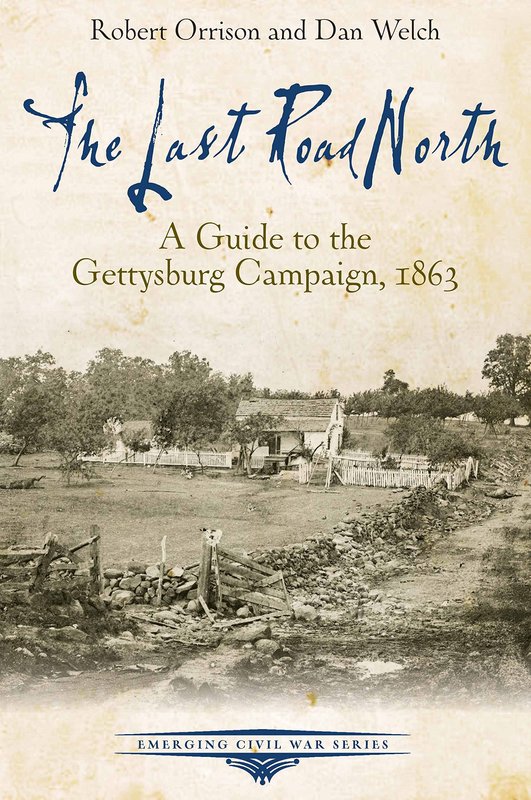
Albert Z. Coner Jr. with Chris Mackowski
Savas Beatie, 2016, 370 pp., $34.95
ISBN: 978-1-61121-156-6
Image courtesy of amazon.com
One of the most memorable hardships in American History is the camp at Valley Forge for the Continental Army during the Revolutionary War. It sticks in our mind as one of those stories of endurance and the American Spirit. Albert Z. Conner Jr. and Chris Mackowski bring us Seizing Destiny, the story of the winter of 1863 following the aftermath of defeat at Fredericksburg in December of 1862. The Battle of Fredericksburg, being one of the worst Union losses in the war, brought down the morale of the Army of the Potomac, the leadership of General Joseph Hooker brought around a rebirth in this demoralized army.
Albert Z. Conner Jr. is a graduate of the Virginia Military Institute along with a degree from Georgetown University. He is a Vientam veteran and an intelligence officer. He has worked as a military historian and has studied the armed forces of several other nations. He is the former president of the Fredericksburg Civil War Roundtable and Stafford County Historical Society. He is also a volunteer at the Fredericksburg and Spotsylvania National Military Park. Chris Mackowski, Ph.D., is a professor at the School of Journalism and Mass Communication at St. Bonaventure University in Allegany, New York. He is the co-founder of the Emerging Civil War blog and series. He has also written Chancellorsville’s Forgotten Front: The Battles of Second Fredericksburg and Salem Church, May 3, 1863.
When I first began studying the American Civil War, I gravitated, as many do, towards the Battle of Gettysburg. Throughout my reading of that campaign, I began to gain a picture of a certain commander which has painted my view of him since that time. General Joseph Hooker has always been an interesting character and was always painted as incompetent on the field, but rumors flew around in these works that he was an incredible intelligence officer. While reading Seizing Destiny, my opinion about the man began to change. I had never known about this winter of 1863 and the ways in which the morale was boosted for the Army of the Potomac by Hooker. Though the defeat at the Battle of Chancellorsville did not help his posterity or stature, this book hopefully repairs some of the damage history has done to Hooker’s reputation. This work also answers the question about why we have forgotten this moment in the annals of Civil War history. The authors speak of the journalist William Swinton and the reporting of the incident. Whether or not it was done purposefully remains to be seen. Nevertheless, Seizing Destiny is one of the Civil War works which was needed in this time to help us understand the period between Fredericksburg and Chancellorsville and how it affected not only the commanders, but the soldiers as well.
I highly recommend this book to anyone interested in the Civil War. Far too often, when reading Civil War narratives, the period between Fredericksburg and Chancellorsville gets skipped over and the battles are placed back to back, but here, Conner and Mackowski give us the fair due of this time period with hopes of better understanding the hardship of the Civil War’s “Valley Forge.” The narrative is excellent and accompanied by well drawn maps and accounts. Highly recommended!



 RSS Feed
RSS Feed
